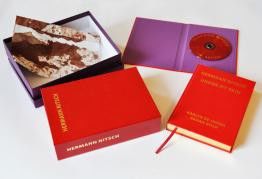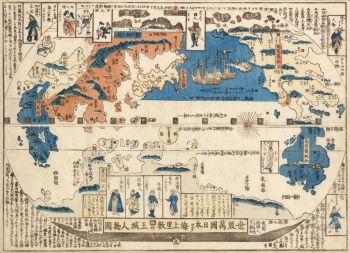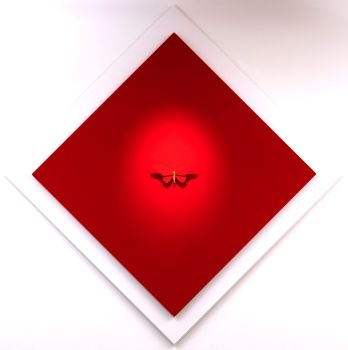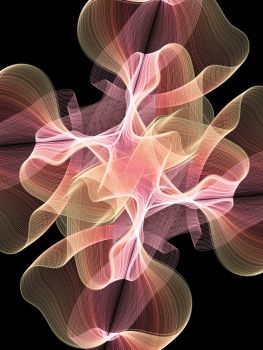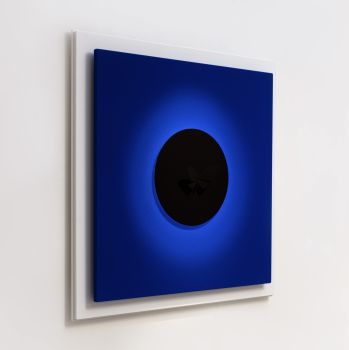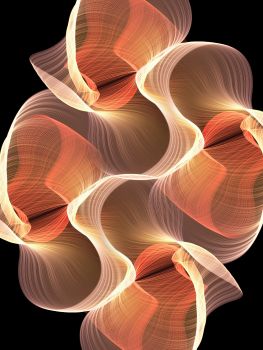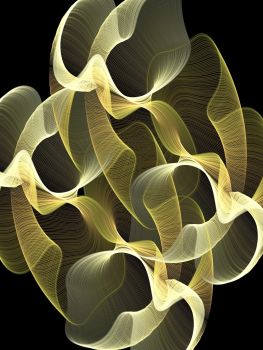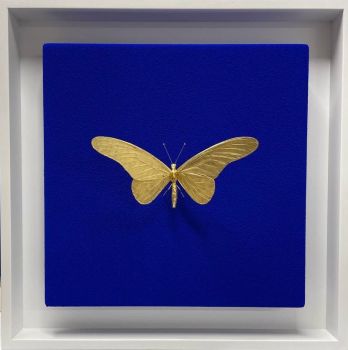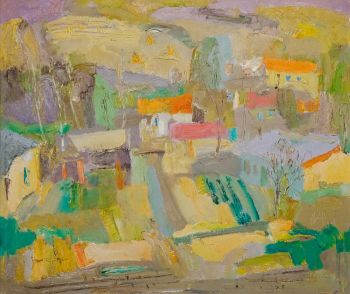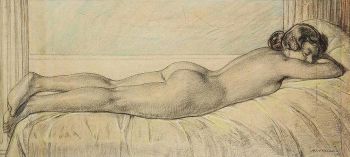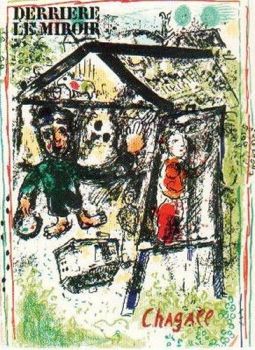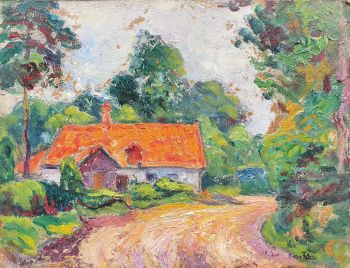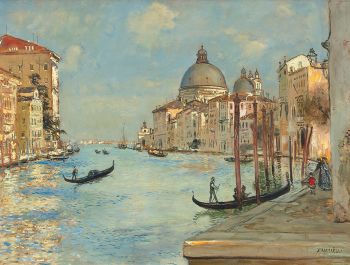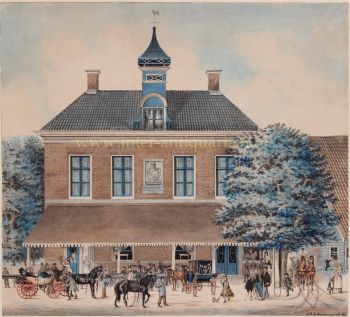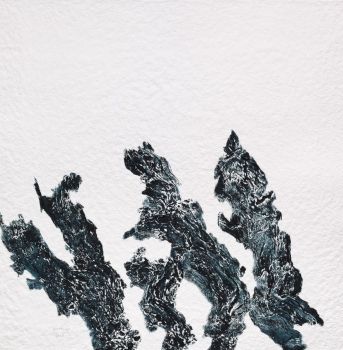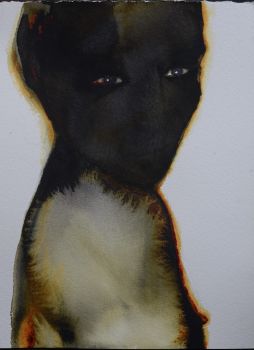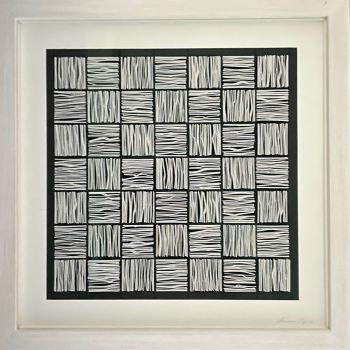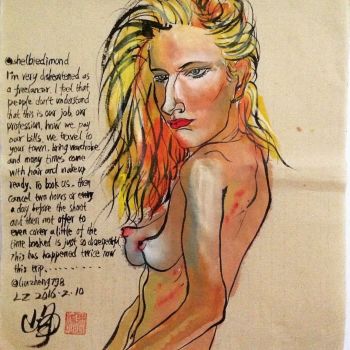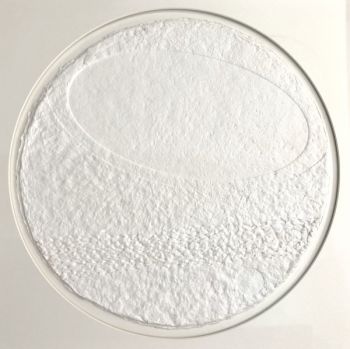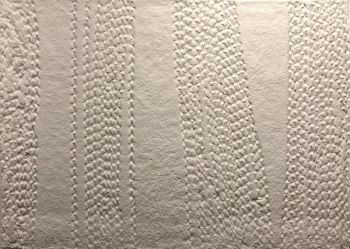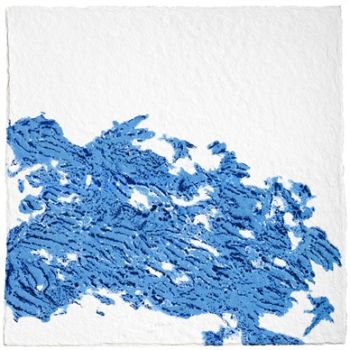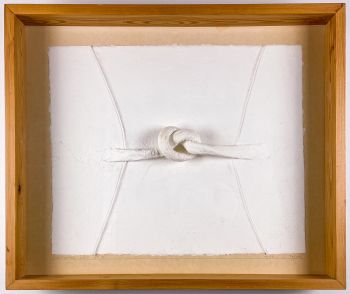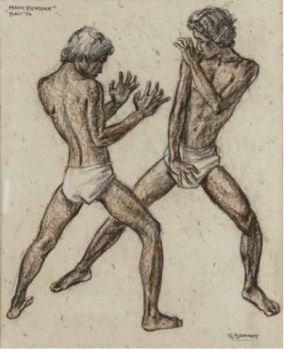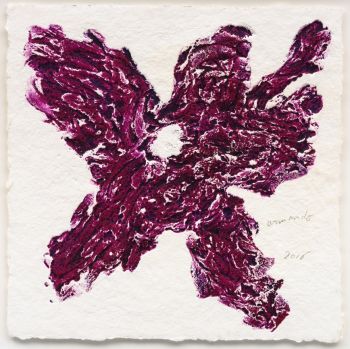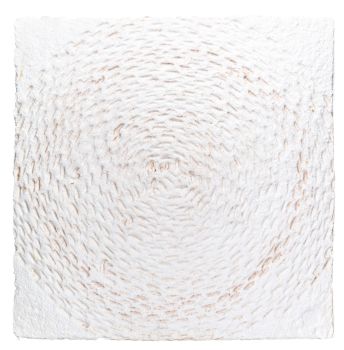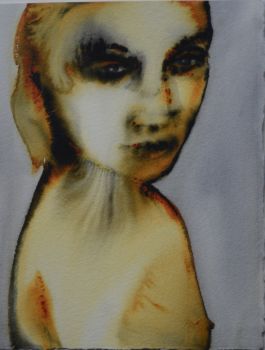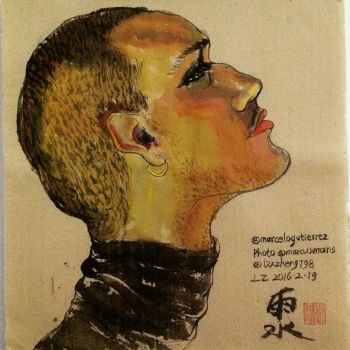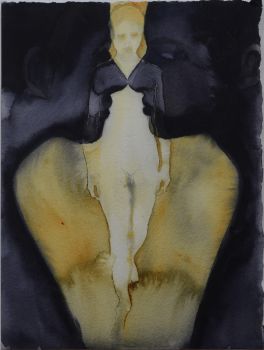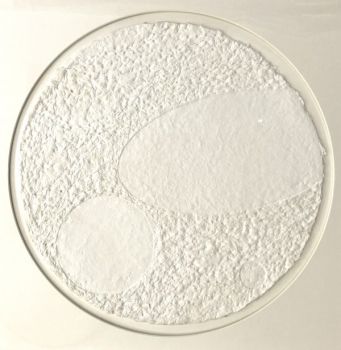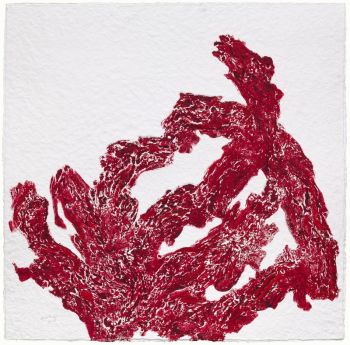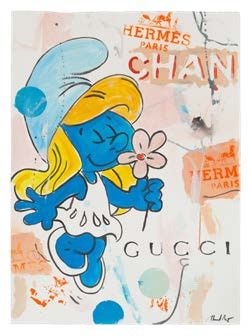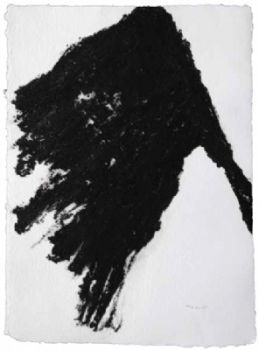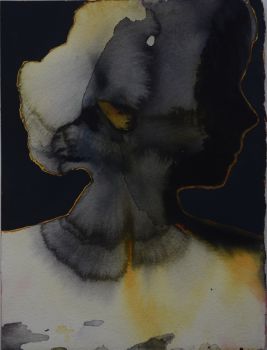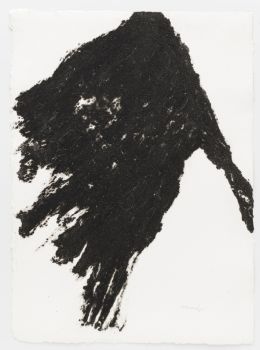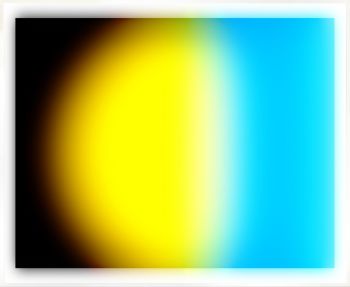"Dioscorides was held in great esteem by all the physicians and scholars in the Islamic period" 1550
Pedanius Dioscorides
PapelPapel artesanalCouro
Atualmente indisponível via Gallerease
- Sobre arteDIOSCORIDES, Pedanius.
De medica materia libri sex, Ioanne Ruellio Suessionensi interprete.
Venice, Domenico Giglio, 1550.
16mo. Contemporary limp sheepskin parchment.
First Venice edition of a medical work by the Greek physician and pharmacologist Pedanius Dioscorides (c. 40-90), translated by the French physician Jean Ruel. His De materia medica, an encyclopedic work on herbal medicine, was his fundamental work, and can be seen as the precursor of the many later pharmacopoeias. As a Greek in the service of the Roman Empire, he assembled all that was then known concerning the medicinal uses of plants, animals and minerals, adding information from his own experience accompanying the Roman army to Spain, the Middle East, North Africa and elsewhere, where he came to know many Persian, Indian and other exotic medicines.
With the bookplate of Kenneth K. Mackenzie (dated october 1934) on verso side of last blank page and a library stamp on pastedown. First and last few leaves with marginal waterstain, minor browning and some occasional spots. Binding slightly damaged on spine, but overall a very good copy.
Durling 1154; USTC 827015; not in Adams; cf. Garrison, p. 109. - Sobre artistaPedanius Dioscorides (Πεδάνιος Διοσκουρίδης) foi um antigo médico, farmacologista e botânico grego famoso por escrever sua obra de cinco volumes, De Materia Medica. No século 2 aC, Dioscórides observou: "O chumbo faz a mente ceder." O magnum opus De Materia Medica de Dioscorides teve um tremendo impacto na toxicologia. Ele identificou as propriedades farmacológicas, os efeitos curativos e a composição estrutural (da melhor maneira que pôde) de mais de cem plantas até então desconhecidas dos médicos romanos e gregos. Ele também discutiu mais de 500 plantas conhecidas que provavelmente foram descobertas durante as conquistas militares de Alexandre, o Grande. Até o século 17, Dioscórides era a fonte definitiva de ervas medicinais e farmacologia vegetal. Uma versão traduzida foi reimpressa em 1933 e ainda é uma fonte valiosa de informações sobre diferentes remédios naturais. Dioscórides foi um antigo médico, farmacologista e botânico grego que exerceu a profissão em Roma na época de Nero. Ele teve a oportunidade de viajar muito, em busca de substâncias medicinais em todo o mundo romano e grego. Ele ganhou fama por escrever sua obra de cinco volumes, De Materia Medicina. O livro, além de se tornar uma das obras mais influentes sobre o uso de ervas na história, tornou-se um precursor de todas as farmacopéias modernas. Nele, Dioscorides cataloga as diferentes ervas e técnicas usadas pelos gregos, romanos e outras culturas que ele estudou. O livro permaneceu como a principal fonte de informações sobre a fitoterapia até 1600.
Artwork details
Categoria
Assuntos]
Material e Técnica
Related artworks
Tilmanus Nicolaus Maastricht
Missale Romanum com montagens de prata holandesa1788 - 1792
Preço em pedidoJacob J. Roosjen SRI
Engelbert Kaempfer
LIVRO ENGELBERT KAEMPFER1651 - 1716
Preço em pedidoZebregs & Röell - Fine Art - Antiques
Yoko Ono
YOKO ONO: "ARISING" SIGNED BOOK PLUS SMALL ARTWORK 2010 - 2014
Preço em pedidoGallerease Selected
LAWRENCE WEINER
"SKIMMING THE WATER [MENAGE A QUATRE]" Signed book plus small artwork2010 - 2014
Preço em pedidoGallerease Selected
Engelbert Kaempfer
LIVRO ENGELBERT KAEMPFER1651 - 1716
Preço em pedidoZebregs & Röell - Fine Art - Antiques
Tilmanus Nicolaus Maastricht
Missale Romanum com montagens de prata holandesa1788 - 1792
Preço em pedidoJacob J. Roosjen SRI
1 - 4 / 22- 1 - 4 / 24
- 1 - 4 / 24

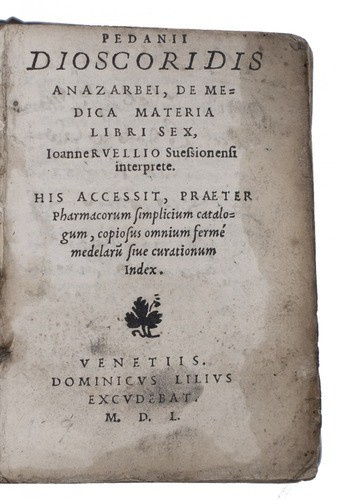





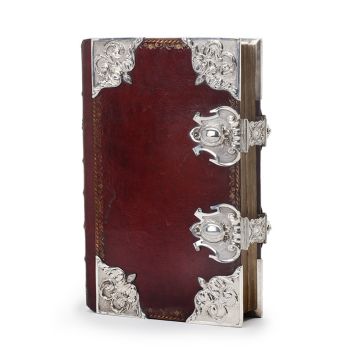
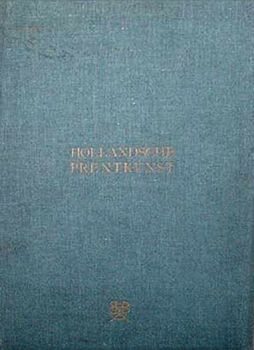
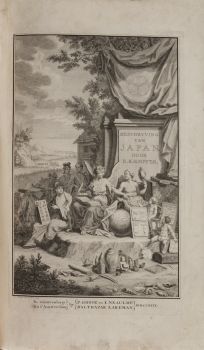
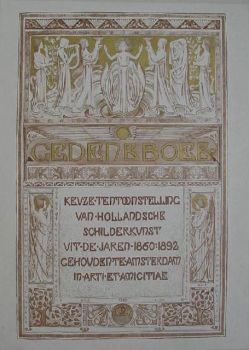
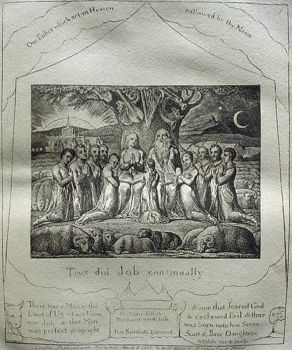
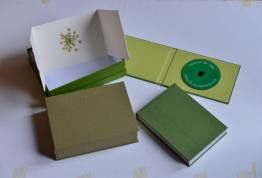

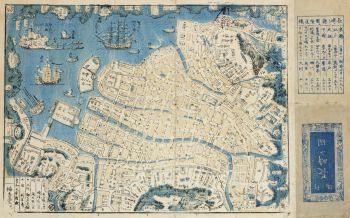


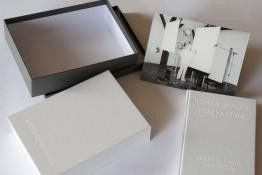
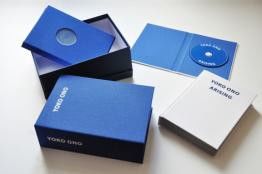
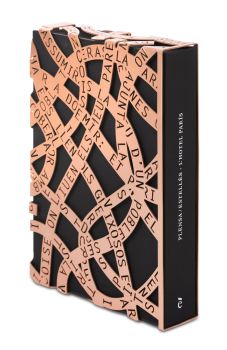
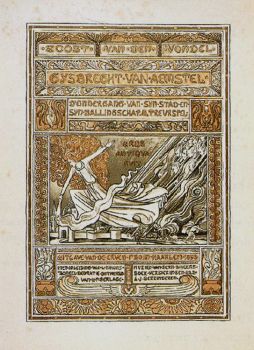
!["SKIMMING THE WATER [MENAGE A QUATRE]" Signed book plus small artwork by LAWRENCE WEINER](https://media-2.gallerease.com/images/442bfd5f-fc31-4e18-a2fa-ee0c08eade64/350x350/skimming-the-water-menage-a-quatre-signed-book-plus-small-artwork.jpg)

